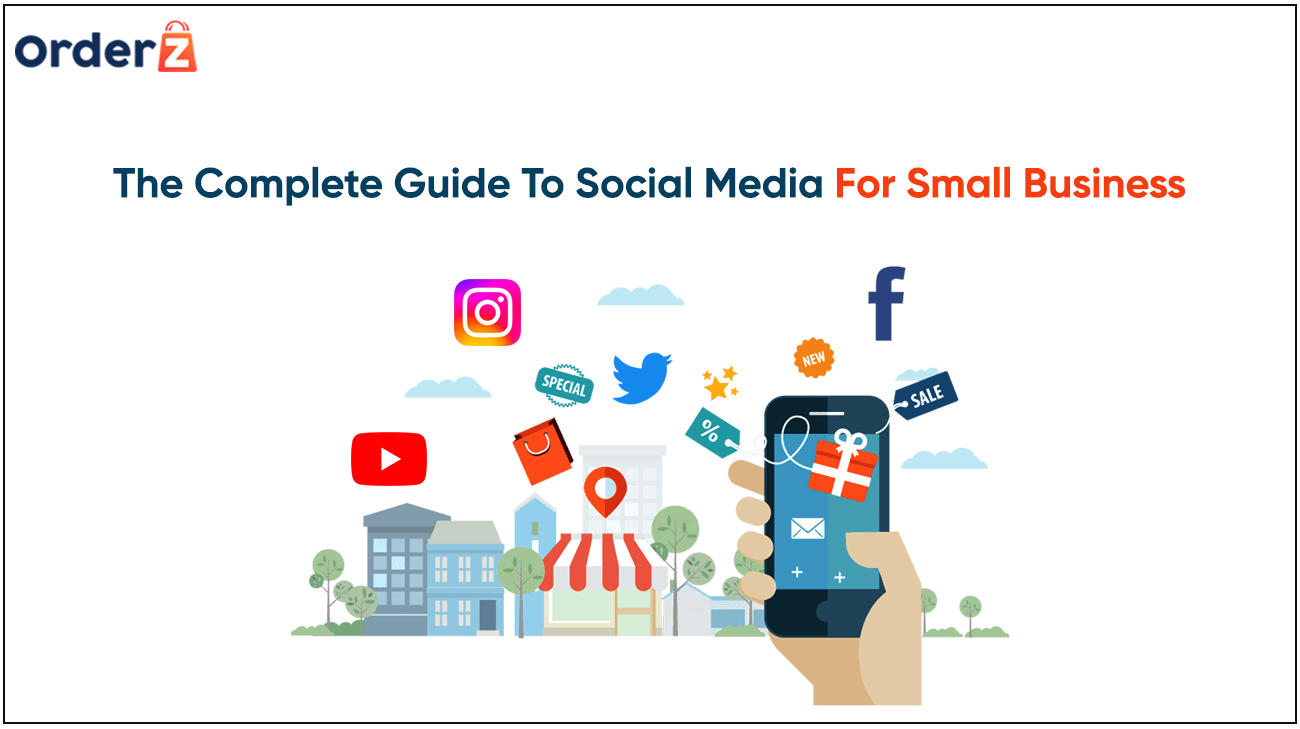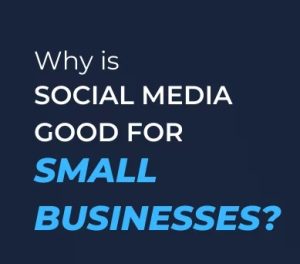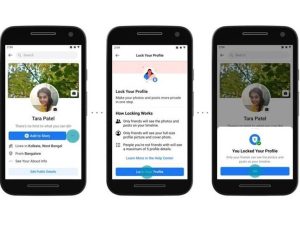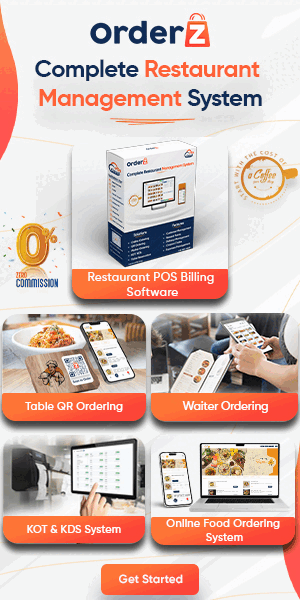Social media has become a needed tool for small businesses to reach and engage with their target audience. With over 3.6 billion social media users worldwide, it’s a platform that businesses can’t offer to miss. In this guide, we’ll give you a total way of social media for small businesses, including why it’s important, the Benefits of Social Media for Small Businesses which platforms to use, and how to get started.
Why is social media important for small businesses?
Social media can help small businesses achieve a variety of goals, including:
- Increase brand awareness: Social media allows small businesses to reach a wider audience and increase brand awareness without breaking the bank.
- Engage with customers: Social media allows businesses to engage with customers, answer their questions, and provide customer support in real time.
- Generate leads: Social media can be used to generate leads by promoting products and services, offering discounts or freebies, and driving traffic to your website.
- Build brand loyalty: Social media can be used to build brand loyalty by sharing relevant and useful content, creating a community around your brand, and engaging with customers on a personal level.
Benefits of Social Media for Small Businesses
Social media provides a wide range of benefits for small businesses. Here are some of the key benefits:
- Increased Brand Awareness: Social media provides a platform for small businesses to increase their brand awareness and reach a wider audience. By regularly posting engaging and informative content, small businesses can establish their brand and build a loyal following.
- Cost-effective Marketing: Social media marketing is one of the most cost-effective ways for small businesses to promote their products or services. Most social media platforms offer free business accounts and a variety of advertising options to fit any budget.
- Improved Customer Engagement: Social media provides a direct line of communication between small businesses and their customers. By responding to comments and messages in a timely manner, businesses can improve customer satisfaction and build trust.
- Targeted Advertising: Social media advertising allows small businesses to target their ideal customers based on demographics, interests, and behaviours. This can result in a higher return on investment compared to traditional advertising methods.
- Increased Website Traffic: Social media can drive traffic to a small business’s website. By including links to their website in social media posts, small businesses can direct potential customers to their site and increase the chances of making a sale.
- Competitive Advantage: Social media provides a level playing field for small businesses to compete with larger brands. By creating engaging content and building a strong following, small businesses can establish themselves as thought leaders in their industry and gain a competitive advantage.
Overall, social media offers a range of benefits for small businesses, from increasing brand awareness and customer engagement to driving website traffic and gaining a competitive advantage. By implementing a strategic social media marketing plan, small businesses can leverage these benefits to grow their business and achieve their goals.
Which social media platforms should small businesses use?
There are a variety of social media platforms available, but not all of them are suitable for small businesses. Here are the top social media platforms that small businesses should consider:
- Facebook: With over 2.8 billion monthly active users, Facebook is the largest social media platform in the world. It’s a great platform for small businesses to reach a wide audience, promote products and services, and engage with customers.
- Instagram: Instagram has over 1 billion monthly active users and is a highly visual platform that’s ideal for small businesses in the fashion, beauty, and food industries.
- Twitter: With over 330 million monthly active users, Twitter is a great platform for small businesses to share short and snappy updates, engage with customers, and build brand awareness.
- LinkedIn: LinkedIn is a professional networking platform with over 740 million members. It’s a great platform for small businesses in the B2B sector to connect with other businesses, promote their products and services, and build brand awareness.
- YouTube: Another social media platform that small businesses can consider. With over 2 billion monthly active users, it’s the second-largest search engine after Google and the largest video-sharing platform in the world.
How do get started with social media for small businesses?
Here are the steps you need to follow to get started with social media for your small business:
Set your goals:
Identify what you want to reach with social media, whether it’s growing brand awareness, causing leads, or building brand loyalty.
Start by placing what you want to gain with social media. This will help you pick which platforms to use, what type of content to post, and how often to post. Examples of social media goals include raising brand awareness, generating leads, driving website traffic, and building brand loyalty.
- Determine your target audience and their behaviour on social media
- Set specific, measurable, attainable, relevant, and time-bound (SMART) goals
- Align your goals with your business goals and budget
Choose your platforms:
Identify the social media platforms that are best suited to your business goals and target audience.
Not all social media platforms are proper for every business. View your target audience, the type of content you plan to post, and your business goals when deciding which platforms to use. For example, if your target audience is mostly young and visually oriented, you may want to focus on Instagram or TikTok. If you’re targeting other businesses, LinkedIn may be a better choice.
- Research the demographics and user base of each platform
- View the type of content you want to post and the format that suits each platform
- Prioritize the platforms where your target audience is most active
Create a social media plan:
Develop a plan for what you’re going to post, when you’re going to post it, and how often you’re going to post.
Once you’ve identified your goals and chosen your platforms, develop a plan for what you’re going to post, when you’re going to post it, and how often. A social media plan can help you stay organized and consistent with your content. Consider using a social media scheduling tool to plan and automate your posts.
- Set a posting schedule that’s consistent and aligns with your goals
- Identify key themes and topics for your content
- Monitor your engagement and adjust your plan as needed
Create a content strategy:
Develop a plan for the type of content you’re going to post, such as blog posts, images, videos, or infographics.
A content plan involves deciding on the type of content you’re going to post and the topics you’re going to cover. Consider your audience’s interests and pain points when deciding on topics. Mix up the type of content you post, including images, videos, blog posts, infographics, and more.
- Determine the type of content you want to create (e.g. educational, promotional, behind-the-scenes)
- Develop a content calendar that has a variety of content types and topics
- Create content that aligns with your brand voice and values
Create your profiles:
Create profiles for your business on the social media platforms you’ve picked.
Set up social media profiles for your business on the platforms you’ve picked. Make sure your profiles are complete, accurate, and even across all platforms. Include your business logo, a brief description, and links to your website and other social media profiles.
- Use high-quality images and graphics that define your brand
- Optimize your profile for search engines by having keywords in your description and profile name
- Provide your contact data is valid and up-to-date
Start posting:
Start posting content on your social media profiles and engage with your audience.
Once you’ve set up your profiles, start posting content regularly. Engage with your audience by responding to comments and messages. Consider running social media ads to reach a wider audience and drive traffic to your website.
- Use a social media scheduling tool to save time and stay consistent
- Reply to comments and messages promptly to show you value engagement
- Use hashtags to grow the visibility of your content
Analyze your results:
Monitor your social media analytics to see how your posts are performing and adjust your plan accordingly.
Monitor your social media analytics to see how your posts are acting. Pay attention to metrics such as likes, shares, comments, clicks, and conversions. Use this data to refine your plan and adjust your content and posting frequency as needed. Often testing and adjusting your plan will help you achieve the best results from your social media efforts.
- Use social media analytics tools to track your progress toward your goals
- Monitor your competitors’ social media activity and learn from their successes and failures
- Adjust your plan based on your analytics to always improve your performance.
Final take
An important aspect of social media marketing is engagement. Small businesses should make an effort to reply to comments, messages, and reviews in a timely and professional manner. This not only helps to build trust with customers but also shows that the business values its audience.
In summary, social media can be a powerful tool for small businesses to link with their audience, boost their products or services, and rise brand awareness. By following these tips and growing a solid social media plan, you can create a strong online reality and grow your business.














